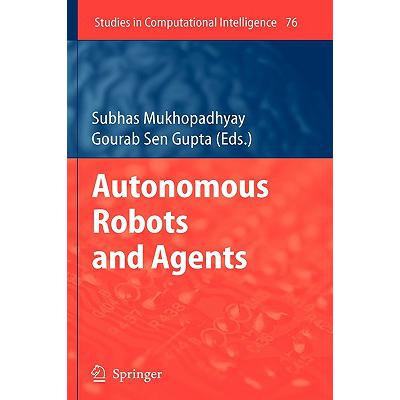|
In recent years, there has been a significant shift in the way businesses operate, with technology playing a pivotal role in driving efficiency and productivity. One such technological advancement that has gained immense popularity is Robotic Process Automation (RPA). This cutting-edge technology is revolutionizing business operations by automating repetitive tasks and streamlining processes across various industries. Robotic Process Automation refers to the use of software robots or "bots" to execute rule-based, repetitive tasks traditionally performed by humans. These bots are designed to mimic human actions, interact with applications, manipulate data, and perform routine tasks with precision and speed. RPA offers a wide range of benefits, including increased operational efficiency, reduced errors, enhanced scalability, and cost savings. One of the primary advantages of RPA is its ability to automate mundane and time-consuming tasks. For instance, in finance and accounting departments, RPA can be utilized to automate invoice processing, reconciliation, and financial reporting. By eliminating manual intervention, organizations can free up valuable human resources to focus on value-added activities that require creativity and critical thinking. Moreover, RPA brings consistency and accuracy to business processes. Unlike humans, RPA bots do not succumb to fatigue or distractions, ensuring consistent and error-free execution of tasks. This not only reduces the risk of mistakes but also enhances compliance and regulatory adherence. Organizations can achieve higher quality standards and minimize operational risks by leveraging RPA capabilities. Additionally, RPA provides scalability and agility to businesses. As the volume of work increases, organizations can easily scale up their automation efforts by deploying additional bots without incurring significant costs. RPA allows businesses to quickly adapt to changing market demands and handle fluctuating workloads efficiently. Furthermore, the flexibility of RPA enables seamless integration with existing systems, making it a versatile tool for process automation. The implementation of RPA also leads to substantial cost savings. By automating repetitive tasks, businesses can reduce the need for manual labor, resulting in significant cost reductions over time. Moreover, RPA implementations typically have a relatively short payback period, making it an attractive investment for organizations seeking to optimize their operations. However, it is important to note that RPA is not meant to replace human workers entirely. Instead, it aims to augment human capabilities by freeing them from mundane tasks and enabling them to focus on more strategic and value-driven activities. This technology empowers employees to utilize their skills and knowledge effectively, driving innovation and business growth. In conclusion, Robotic Process Automation is revolutionizing the way businesses operate by automating repetitive tasks, improving efficiency, and reducing costs. With its ability to enhance accuracy, scalability, and agility, RPA has become an indispensable tool for organizations across various industries. As technology continues to evolve, embracing RPA will be crucial for businesses aiming to stay competitive in today's dynamic and fast-paced business landscape.  |
